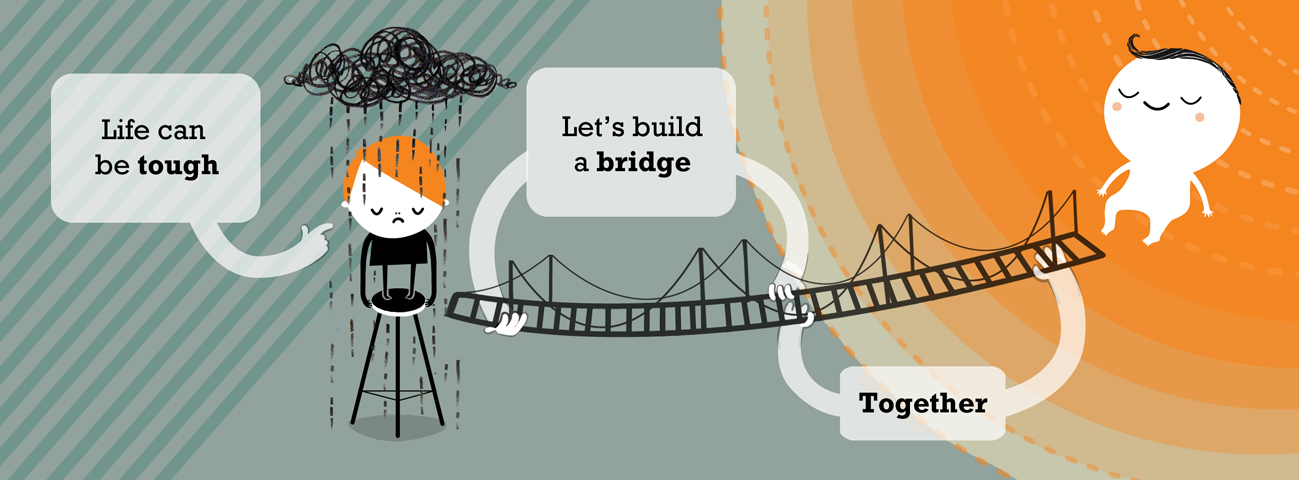
Many people who have been abused in childhood find that it continues to affect them in their adult life. Survivors of abuse can feel a sense of failure or guilt about still being affected by something from the past. However, there is a huge amount of scientific evidence to show that the human brain is affected by trauma in a physical as well as psychological way.
Experiencing abuse or neglect in childhood can have disasterous effects on the development in terms of psychological and social development. Research has shown that the brains of 3 year olds who have experienced persistent abuse and neglect differ vastly from the brains of 3 year olds who did not have these experiences.
Certain regions develop differently such as the amygdala may become overstimulated which can cause overactivity in the area of the brain that is responsible for responding to threats and triggering emotional responses. Others, like the hippocampus which is paramount in memory and learning, or the corpous callosum which is central in higher cognitive abilities and have reduced volume (Wilson, Hansen, & Li (2011) & National Scientific Council on the Developing Child (2010)).
A clear link between childhood abuse and mental illnes in later life has also been established. Conditions such as depression and PTSD, as well as addiction, are common in adults who were maltreated in childhood.
So it can seem like people who have experienced abuse and neglect are hard-wired to continue to be affected by their experiences. However, there is good news: Studies using neuroimaging techniques have shown that psychotherapy can have a positive impact on the various brain regions affected by abuse. In addition, psychotherapy offers a chance to address negative messages received in an abusive environment and help the sufferer to cope better with the effects of their upbringing. Psychotherapy can offer people to experience a different way of relating to oneself and others, it can help to validate your experiences and your feelings. Your brain is not hard-wired, instead it is constantly trying to repair itself and grow new connections – allowing you to learn new things. Changes in behaviour can bring about changes in the brain.
Collectively, the two of us have 25 years of experience working with children and adults affected by abuse (neglect, physical, emotional and sexual) and trauma. We have extensive training in this area and continue to work and develop our knowledge and skills to ensure that we can meet the needs of our clients.
You can contact us to find out more about how we work and whether you feel ready to work with us. We offer a free half-hour chat to get to know one another so that you can decide if we are the right “fit” for you and we can be sure that we are able to meet your needs.
How To Find Me
Contact Me
call me: 0759 0757 834 or
Email me
You can leave your details and your preferred way of contact from me (phone, text or email). I will reply within 24 hours.
I look forward to hearing from you.